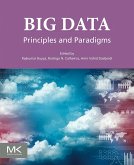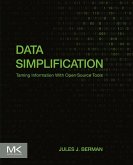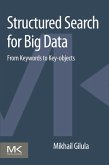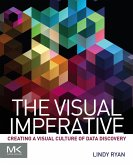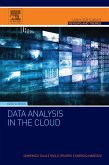Most of the data stored worldwide is legacy data-data created some time in the past, for a particular purpose, and left in obsolete formats. As with keepsakes in an attic, we retain this information thinking it may have value in the future, though we have no current use for it.
The case studies in this book, from such diverse fields as cosmology, quantum physics, high-energy physics, microbiology, psychiatry, medicine, and hospital administration, all serve to demonstrate how innovative people draw value from legacy data. By following the case examples, readers will learn how legacy data is restored, merged, and analyzed for purposes that were never imagined by the original data creators.
- Discusses how combining existing data with other data sets of the same kind can produce an aggregate data set that serves to answer questions that could not be answered with any of the original data
- Presents a method for re-analyzing original data sets using alternate or improved methods that can provide outcomes more precise and reliable than those produced in the original analysis
- Explains how to integrate heterogeneous data sets for the purpose of answering questions or developing concepts that span several different scientific fields
Dieser Download kann aus rechtlichen Gründen nur mit Rechnungsadresse in A, B, BG, CY, CZ, D, DK, EW, E, FIN, F, GR, HR, H, IRL, I, LT, L, LR, M, NL, PL, P, R, S, SLO, SK ausgeliefert werden.



